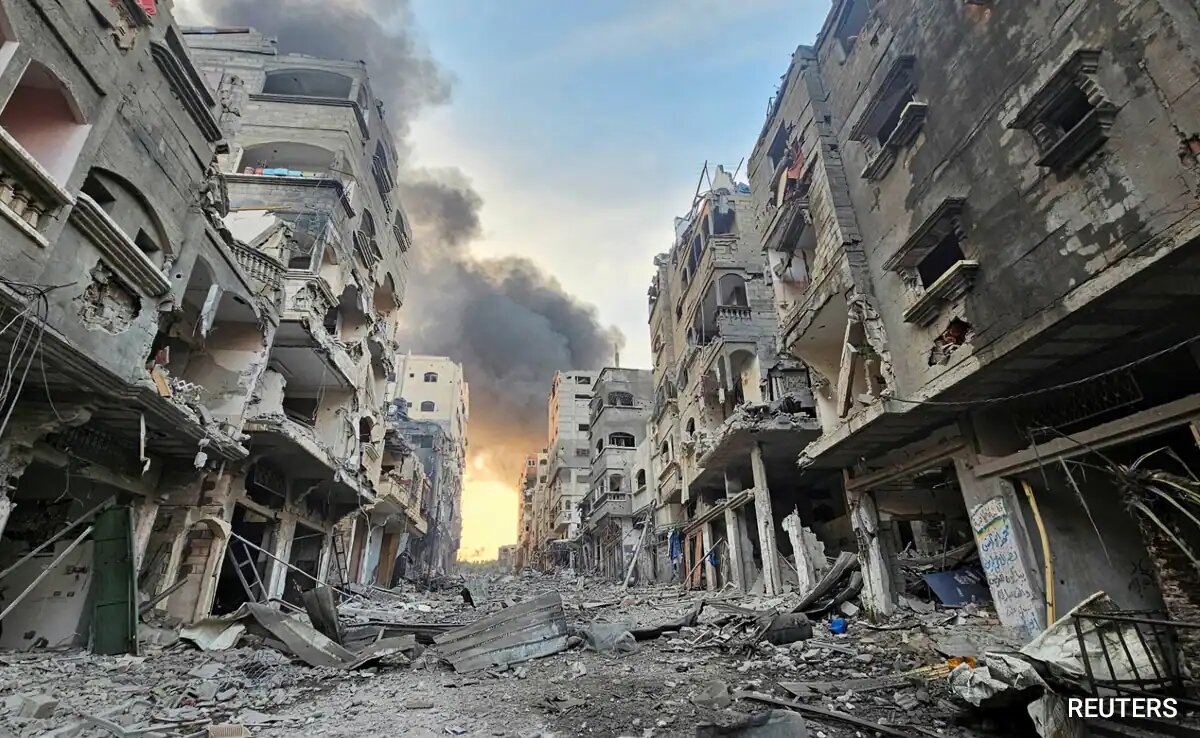Gaza war keeps Israeli security chiefs in power

TEHRAN- As the Israeli war on Gaza passes 120 days, many have highlighted the regime's prime minister Benjamin Netanyahu’s unwillingness to end the genocidal campaign against Palestinians in his bid to avoid a prison sentence.
This has been attributed to corruption charges facing Netanyahu and, more importantly, an investigation into the massive Israeli intelligence and security failure on 7 October when Hamas waged Operation al-Aqsa Storm.
Netanyahu's government has maintained that any probe into the October 7 attack, which occurred on his watch and at a time when weekly protests were taking place in Tel Aviv against his authority, should take place only after the war on Gaza has ended.
He has signaled that the war on Gaza could take up to one year or more to "eradicate Hamas" from the enclave, and even a lengthy ceasefire would not mean an end to the war.
But Netanyahu, who has yet to accept any form of responsibility over the 7 October attack is not alone. Israeli media has indicated that the regime's security and intelligence chiefs are also trying to cling onto their posts to avoid an investigation over their negligence.
Israel's Channel 12 reported that the regime's security chiefs who have accepted responsibility for the security failure will only resign after the end of the war on Gaza.
Herzi Halevi, the chief of the general staff of the Israeli military; Ronen Bar, the director of Shin Bet; and Aharon Haliva, the head of the Israeli Military Intelligence, are among the many officials who share common interest with Netanyahu.
As long as the war on Gaza continues, these leaders will remain in their posts. War is essentially the only way that a large group of intelligence and security chiefs can avoid an investigation that could see them end up in jail.
Aharon Haliva has already admitted that he bears full responsibility for the 7 October operation but has defied Israeli public demands to step down.
Bar, who has publicly acknowledged a partial failure on his part, in anticipating Operation al-Aqsa Storm has been cited as saying in mid-October that "there will be time for investigations. Now we are fighting".
Also, in the aftermath of 7 October, Halevi echoed those words, saying, "We will investigate, but now is the time for war".
The prime minister along with his military and intelligence chiefs are insisting on the disastrous war on Gaza.
They are not only holding on to their positions to avoid punishment but at the same time sending Israeli soldiers to fight in Gaza, thousands of whom have become disabled for life or have been killed.
It reflects the weakness of the Israeli regime that can close the taps of water to the 2.3 million Palestinian civilian population in the Gaza Strip but are unable to defeat the Palestinian resistance in the besieged enclave.
The casualties among Israeli soldiers are growing daily amid strict censorship by Israeli intelligence officials on the media to report on the battlefield losses in an attempt to avoid the loss of "morale" among the military and public.
The same corrupt group of regime officials, who have a deep interest in holding on to their positions by prolonging the bombardment of civilian sites in Gaza, has also deployed the Israeli military into one of its most embarrassing defeats in modern history.
Protests have resumed in the occupied territories, especially in Tel Aviv and al-Quds (Jerusalem), calling for an end to the war, a prisoner exchange, and the imprisonment of Netanyahu.
The Israeli premier has a strong shared interest with top officials to avoid declaring an end to the war even if a longer ceasefire is agreed with Hamas.
